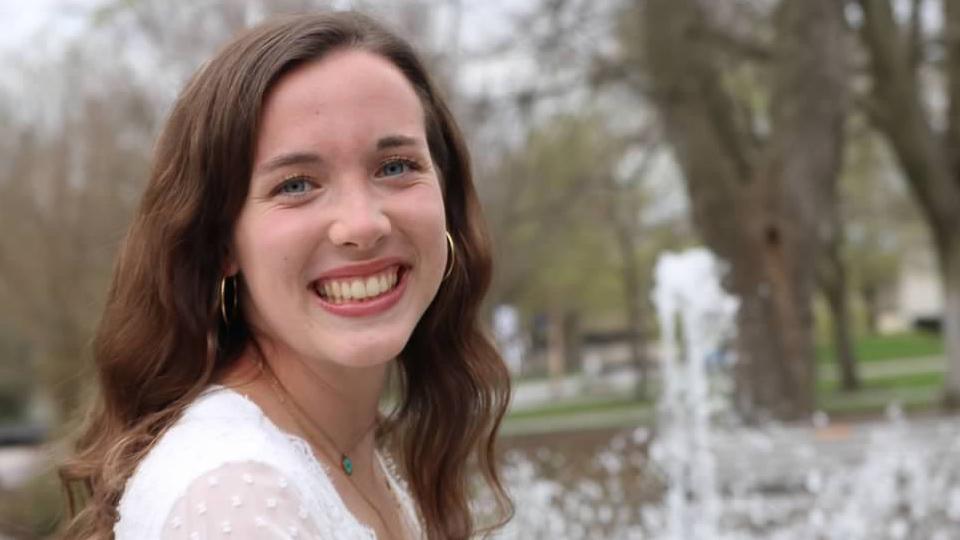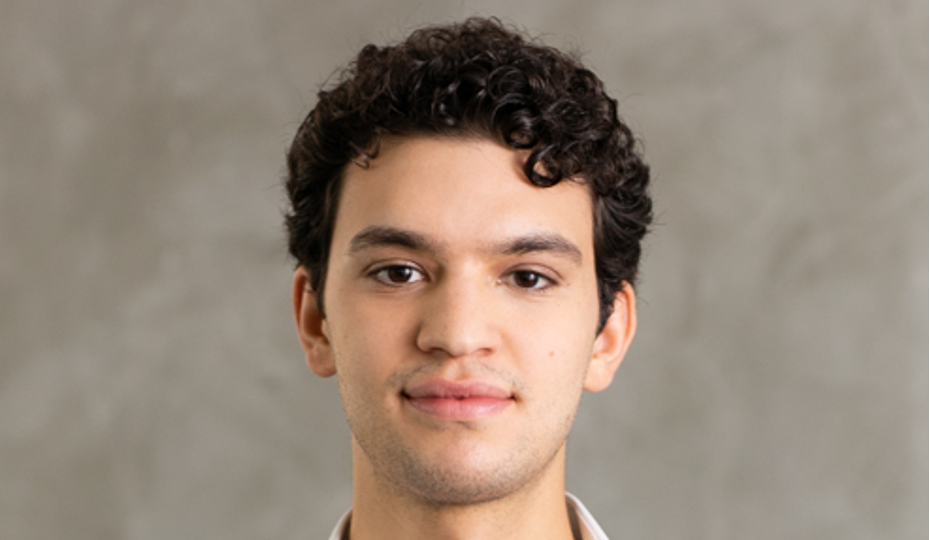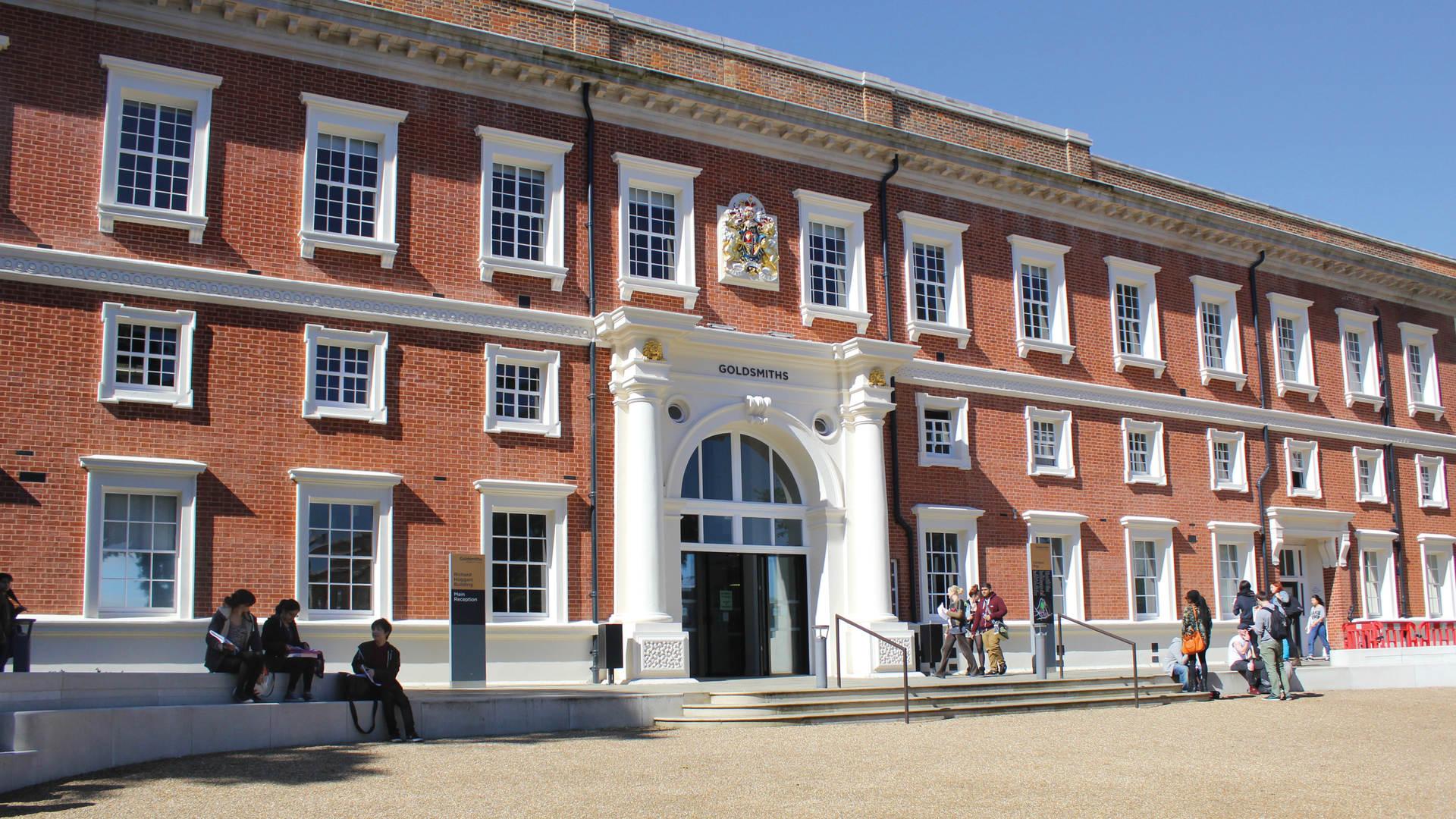Course information
Department
Educational Studies
English and Creative Writing
Length
1 year full-time or 2 years part-time
Course overview
You might be a teacher who writes; a writer interested in education; a poet, a novelist or a short story writer. Whatever your background, this course will help you develop your creative writing skills and learn how to teach them.
Why study for an MA in Creative Writing and Education at Goldsmiths
-
This is an MA in Creative Writing like no other. If you want to thrive as a creative writer and are passionate about learning, then this unique postgraduate programme is for you. You’ll not only progress exponentially as a writer, but also learn how to research and teach writing in a wide range of contexts.
-
This pioneering masters degree gives you a unique combination of creative writing and pedagogical skills that are highly sought after in today’s competitive workplace. You’ll grow as a writer, and gain skills and experience which could open doors to creative professions such as publishing and arts management, as well as roles in educational and non-profit organisations.
-
You’ll have the opportunity to apply for innovative work placement programmes with our partners First Story and the Ministry of Stories, which have been developed exclusively for Goldsmiths. Recent placement students have gone on to be employed with these organisations after graduation.
-
As well as providing professional skills, this degree will give you an invaluable toolbox of writing, teaching, and research strategies that will contribute to your personal and artistic growth.
-
You’ll have plenty of opportunities to explore how creative writing can be used as a research methodology, and bring a unique contribution to many different forms of learning.
-
You’ll have the opportunity to learn from some of the leading academics in the field of creative writing. Our staff are pioneers in the use of creative writing for research. The Head of Programme, Francis Gilbert, has taught creative writing to all ages, and is the author of best-selling memoirs, novels, and educational guides.
-
This degree is interdisciplinary, and you’ll work with experts in education, creative writing, and psychology. You will gain insights into the areas of race, action research, ethnography, queer theory and many others to further enrich your studies.
-
Teaching on this degree is active. You’ll learn through a series of lectures, seminars and workshops, as well as a vibrant series of events and conferences.
-
The assessments for the modules are creative and tailored to highlight your strengths: you can choose from a menu of options, and submit podcasts/webpages/videos for some of your final assignments, or you can write more formal academic essays.
-
You’ll learn how writing can be used in dynamic, real-world settings such as charities, prisons, schools, creative and mental health organisations, and the cultural/corporate sector.
-
Alumni include some of the most significant writers to emerge in recent years such as Raymond Antrobus, Dean Atta, S.K. Perry and Sara Hirsch – read what our students and graduates had to say below.
-
You’ll benefit from our many partnerships with high-profile creative and educational organisations including First Story, Apples and Snakes, the British Library, Ministry of Stories, and the Poetry Society. Our students have previously taken part in performances, poetry and writing workshops, drama productions, and creative research projects for these institutions, as well as getting paid to work in schools, hospitals, and charities.
-
You can read some of the amazing work written by previous MA Creative Writing and Education graduates in the Story Makers Dialogue magazine.
Contact the department
If you have specific questions about the degree, contact Dr Francis Gilbert (Educational Studies).





